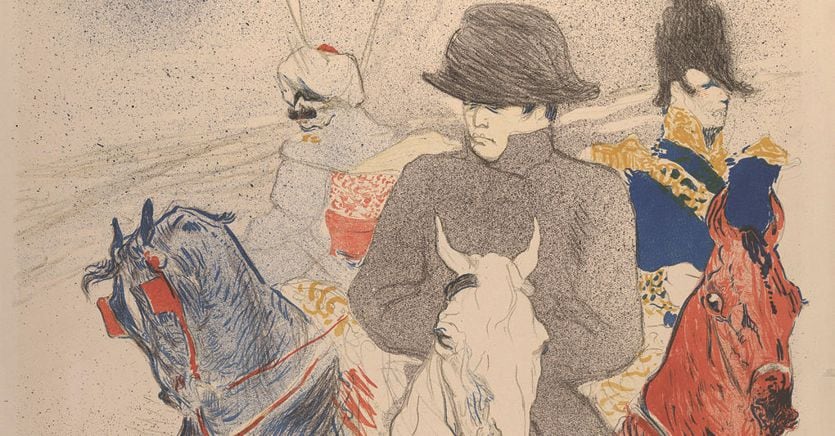The martyrdom inflicted on him by the English soon proved to be profitable, and he got him moving sympathies everywhere. The echo of the ancient victories made us forget despotism; glory and fame profited from misfortune. The disease that Napoleon had inoculated in the French went beyond regret and emotion, it was a moral infection, something profound that Chateaubriand masterfully analyzed: “The miracles of his weapons have bewitched youth, teaching us to adore brute force . His unprecedented success has left the hope of emulating him to the arrogance of any ambitious player ». He had revealed the character of the French (of men), who “do not like freedom at all; their only idol is equality », the leveling of the flock. If posterity submitted with the same ease to another charismatic leader kissed by success, “if good and evil were reduced to being only relative, all morality would disappear from human actions.” We cannot resign ourselves to a power that with a single word can deprive us of freedom, of home, of friends. Bonaparte’s wrong “is that of having accustomed society to passive obedience, of having pushed humanity back towards the time of moral degradation”, of having accustomed us to considering freedom an antiquity that has fallen into disuse.
Chateaubriand: “the despotism of his memory”
And yet even critical analysis must be measured against a fact: «The world belongs to Bonaparte – Chateaubriand is forced to admit; – what the devastator had not been able to finish conquering, is usurped by his fame; when he was alive the world escaped him, now that he is dead he owns it. It can be found everywhere. “After having suffered the despotism of his person, we have to suffer the despotism of his memory”.
“Yes, I wanted to become Napoleon, that’s why I killed,” confesses Raskolnikov. “In my place, in front of a ridiculous old lady, a usurer, she would have done the same thing.” But what guarantees Napoleon the admiration of posterity remains the implicit message in all his challenge: anyone, even a child of the people, can reach imperial heights with his own abilities. With the removal of social barriers, the limits to resourcefulness and courage have also collapsed. Merit has successfully replaced the inheritance right, which unfairly rewards even the incapable. It is up to you, men from all walks of life – the message says – to continue the work against the old oligarchies, which only their petty interests and the case have stopped.
This is exactly what the emerging bourgeoisie wanted to hear, the announcement read and reread with emotion between the lines of the Memorial. In an increasingly complex world, which tends to give itself simplified and banal explanations, the contradictions and fertile ambiguities of the “Napoleon case” represent an open game on which it is appropriate to continue to reflect.
Napoleon in twenty words, Ernesto Ferrero, Einaudi, pp. 280, € 13.50
